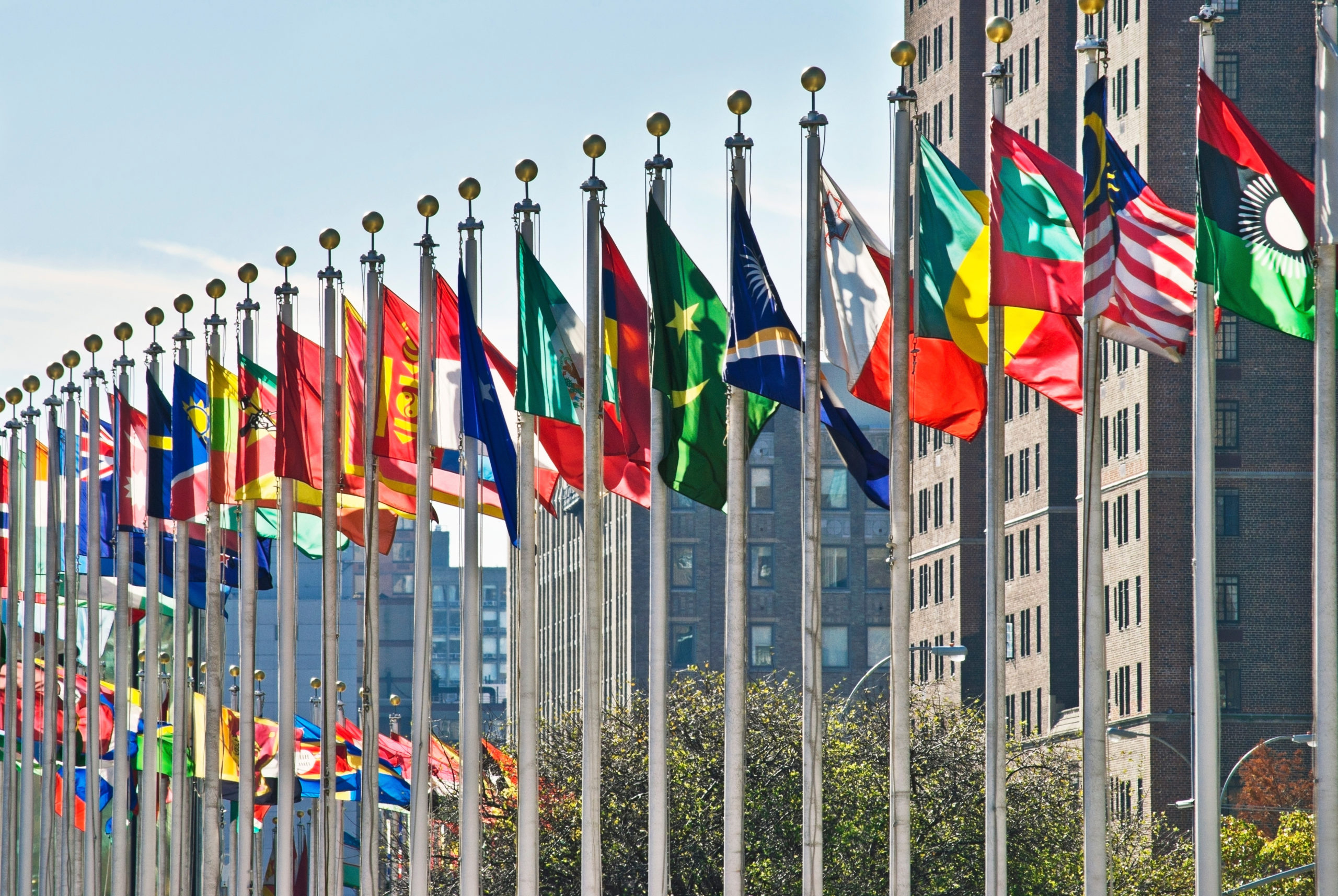McGovern, Smith, Colleagues Re-Introduce the Bipartisan Uyghur Forced Labor Prevention Act

Jim McGovern. 18 February 2021.

Below is an article published by Jim McGovern. Photo AFP.
WASHINGTON, D.C. – A bipartisan bill that would prohibit the importation of goods made with forced labor in China was introduced today by Representative James P. McGovern (D-MA), Chair of the Congressional-Executive Commission on China and Co-Chair of the Tom Lantos Human Rights Commission, along with Chris Smith (R-NJ), Thomas R. Suozzi (D-NY), Vicky Hartzler (R-MO), Tom Malinowski (D-NJ), Mike Gallagher (R-WI), and Jennifer Wexton (D-VA).
The Uyghur Forced Labor Prevention Act would create a “rebuttable presumption” that any goods made in the Xinjiang Uyghur Autonomous Region (XUAR) are made with forced labor and prohibited from entering the United States unless “clear and convincing” evidence is shown to the contrary.
The legislation is an updated version of H.R. 6210 that passed in the House of Representatives in on September 22, 2020 by a vote of 406-3.
The full text of the bill is available here.
“We have watched in horror as the Chinese government first created, and then expanded a system of extrajudicial mass internment camps targeting Uyghurs and Muslim minorities. We now know the entire XUAR economy is built upon a foundation of forced labor and repression,” said Rep. Jim McGovern. “Many U.S., international, and Chinese corporations are complicit in the exploitation of forced labor and these products continue to make their way into global supply chains and our country. It is long past time for the Congress to act.”
“We cannot be silent,” said Rep. Chris Smith (R-NJ), Co-chair of the Tom Lantos Human Rights Commission. “Congress must hold the Chinese government accountable and give a strong voice to the millions of Muslim Uyghurs who are victims of genocide, rape, torture, forced marriages, reeducation camps, and other gross violations of human rights. Chinese authorities had the audacity to deny the existence of mass internment camps and portray them as vocational training centers. The Chinese Communist Party (CCP) lied, censored, and used economic coercion to stifle discussion of its crimes. Beijing—which hates and harasses all faiths—has instituted plans to erase the influence of Islam in western China. The CCP has bulldozed mosques and shrines, severely and unjustly inhibiting the religious practice of Islam, even forcing camp detainees to renounce their faith. Our legislation is desperately needed to show support for the suffering Uyghur community in China.”
“Put simply, we’re talking about crimes against humanity being perpetrated by the Chinese Communist Party,” said Rep. Thomas R. Suozzi (D-NY). “We need to hold the Chinese Communist Party accountable for these acts that violate our very conscience. The United States must stand up for its values and make it clear that we will not be complicit in the internment and forced labor of Uyghur Muslims. This starts at home. The U.S. must stay true to its moral duty and turn away all products from Xinjiang unless it can be proven they were not made with forced labor.”
“When a government throws people into concentration camps, Americans deserve to know that the goods they buy aren’t being made in those concentration camps,” said Rep. Tom Malinowski (D-NJ), Vice Chair of the Foreign Affairs Committee. “I also encourage the Biden administration to ensure that these new guidelines for American companies are coordinated with our allies in the region, including Japan, South Korea, and Australia.”
“Despite international condemnation, the Chinese government’s brutal campaign of repressive surveillance, mass detention, forced labor, and even genocide in Xinjiang is rapidly expanding, and we must take steps to ensure U.S. companies and unwary consumers are not complicit in the abuses,” said Congresswoman Jennifer Wexton (D-VA). “Goods made with forced labor have no place on U.S. store shelves.”
Bill Summary
The legislation would:
- Prohibit all imports from the Xinjiang Uyghur Autonomous Region (XUAR) of China unless the Commissioner of U.S. Customs and Border Protection can certify that the goods being imported to the U.S. are not produced, either wholly or in part, with forced labor and the Commissioner submits to Congress a report outlining such a determination;
- Authorize the President to apply targeted sanctions on anyone responsible for the labor trafficking of Uyghurs and other Muslim ethnic minorities;
- Require financial disclosures from U.S. publicly traded businesses about their engagement with Chinese companies and other entities engaged in mass surveillance, mass interment, forced labor and other serious human rights abuses in the XUAR;
- Directs the Secretary of State to submit to Congress a public determination whether the practice of forced labor or other human rights abuses targeting Uyghurs and other Muslim minorities in the XUAR constitute crimes against humanity or genocide, and directs the Secretary to develop a diplomatic strategy to address forced labor in the XUAR; and
- Require a strategy report from the Forced Labor Enforcement Task Force (established by the United States-Mexico-Canada Agreement Implementation Act) and regular updates on the steps taken to enforce the import prohibition on forced labor made goods from the XUAR.
It is estimated that up to 1.8 million Uyghurs, Kazakhs, Kyrgyz, Hui, and other predominately Muslim ethnic minorities have been arbitrarily detained in a system of extrajudicial mass internment camps where they are subjected to forced labor, torture, and political indoctrination.

